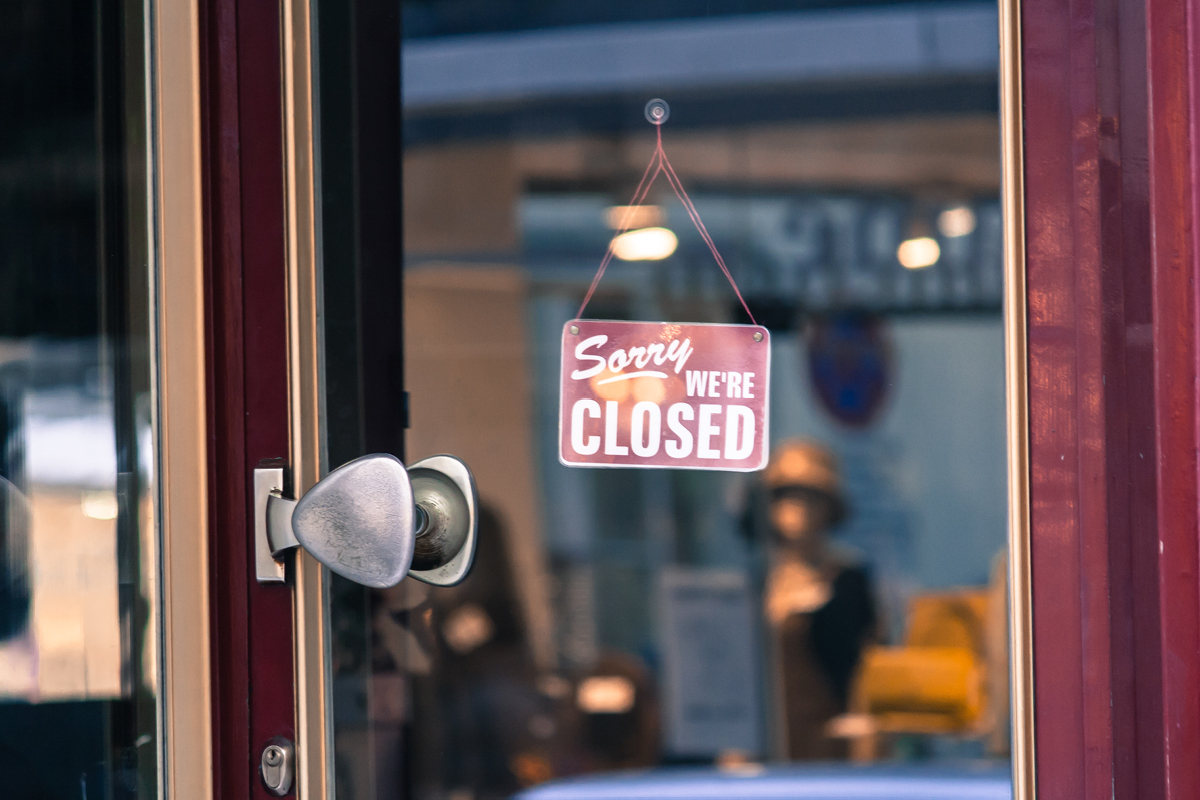Small to medium-sized enterprises (SMEs) often rely heavily on their business partners to operate effectively. For example, many businesses have a single main supplier of materials they need to make the products they sell. Or they may rely on one major distributor to sell their products.
So when that distributor collapses, the SME could find itself at risk unless it can find a new distributor fast. The collapse of the distributor could also mean the SME has to wait to see if it will receive payment for goods already supplied. This can be a tense period since SMEs tend to operate on tight margins.
This late or non-payment is the chief reason behind the downfall of most failed companies. It causes cash flow issues that can be insurmountable, making it impossible for the SME to continue operating in good faith. It can stop it from paying its employees, buying more stock, and servicing its own debts.
The collapse of a single company in the supply chain can be a catalyst for others to collapse or come close to collapsing. This domino effect can place immense pressure on organisations.
However, it’s possible for SMEs to protect against this eventuality.
There are five steps that can help SMEs prepare for the potential of a business partner failure:
- Knowledge. SME decision makers must be aware of the financial position of the businesses they currently or plan to work with, including high gearing or losses and any mismanagement of industries or resources.
- Protection. Businesses should register the goods they’ve supplied to customers with the federal government’s national online system, the Personal Property Securities Register (PPSR). Businesses that register with the PPSR are in the best position to recover their goods if payment is not received or the customer has gone broke.
- Efficiency. Keep payment terms as short as possible by issuing invoices promptly and following up as soon as the payment is past due.
- Preparation. Know when payments are due and when payment is likely to be received, and be prepared to follow up late payments assertively.
- Insurance. Protect the business from late or non-payments with contracts, trade agreements, and trade credit insurance.
While it’s impossible to control the external factors that can cause supply chain partners to fail, it is possible for SMEs to take these simple precautions to protect themselves if a partner fails. By reducing the risk to your cash flow and putting safety measures in place, you can insulate your business from the repercussions of a partner failure.







